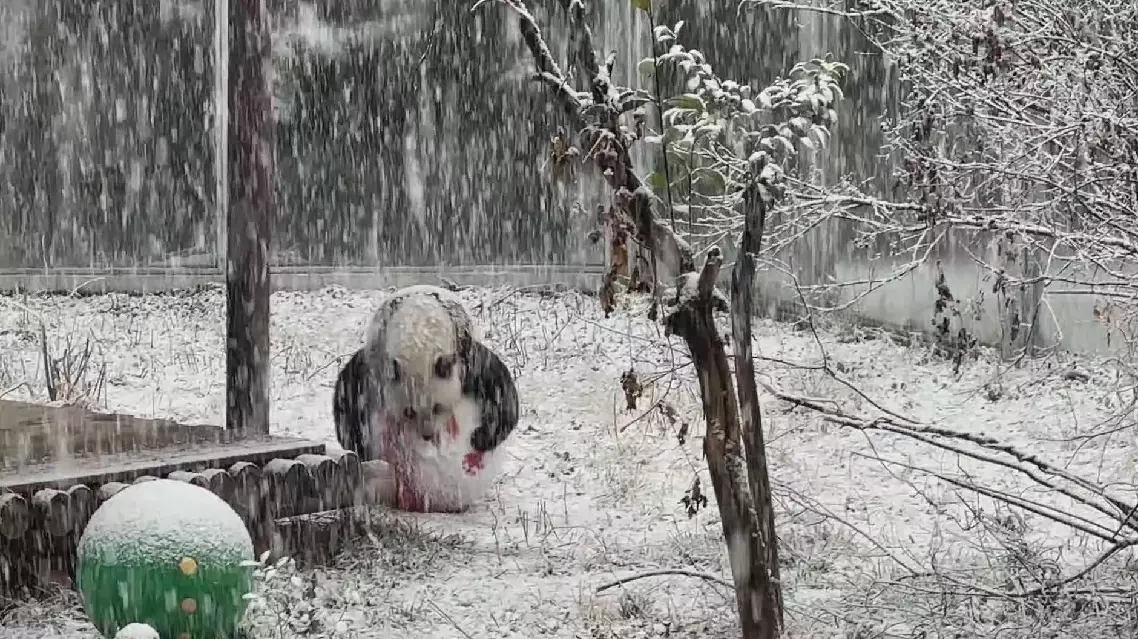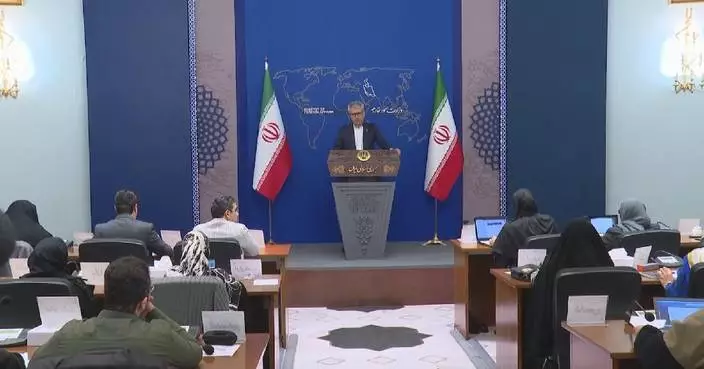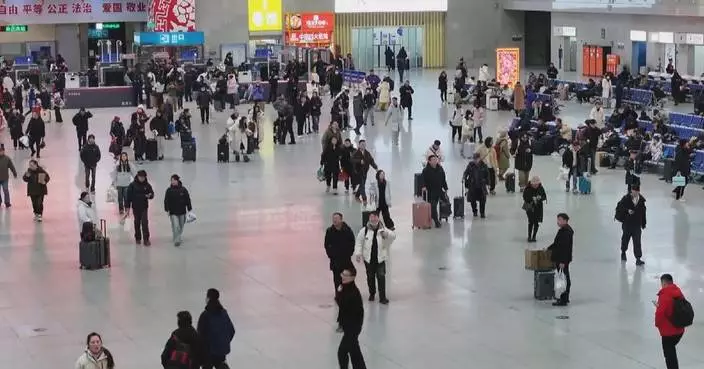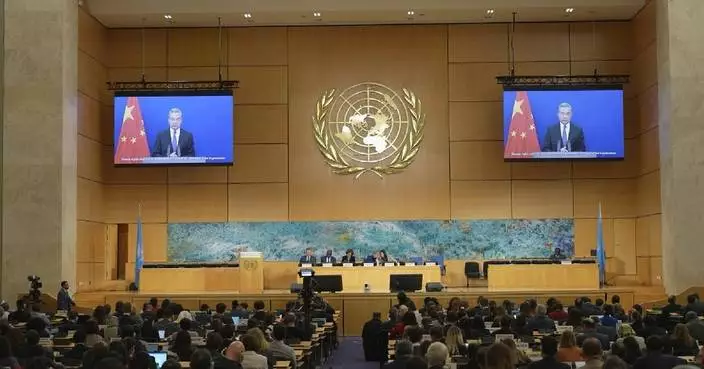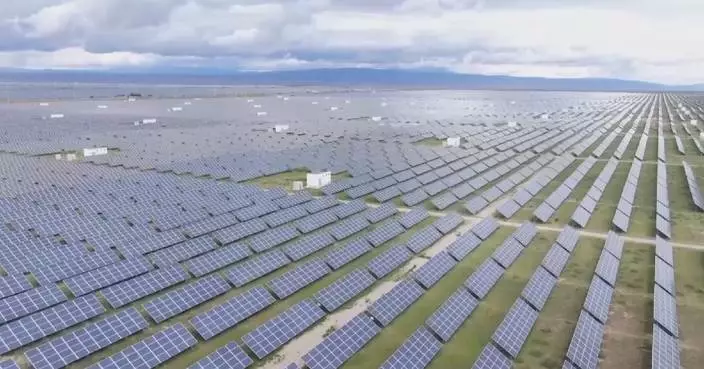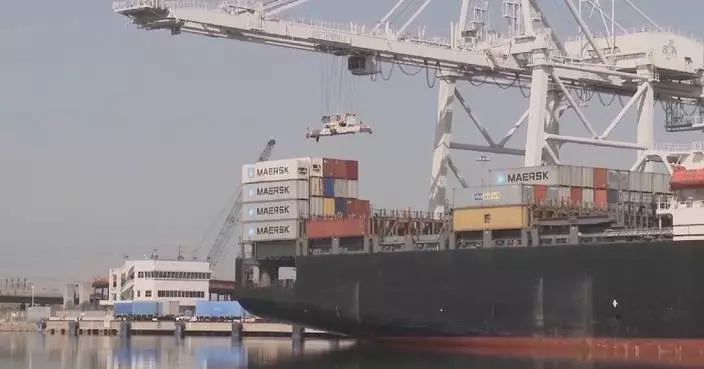Imports of fresh-cut flowers from Ecuador have surged in China, spurred by the China-Ecuador Free Trade Agreement (FTA) that came into effect on May 1 this year.
The deal, inked in May 2023, stipulates that approximately 90 percent of the products traded between China and Ecuador would be exempted from tariffs, with about 60 percent of these products enjoying immediate zero tariffs.
At the Beijing Capital International Airport, a consignment of Ecuadorian roses passed smoothly through customs via a dedicated "green channel" for perishables.
"This shipment of flowers arrived at the Beijing Capital International Airport at around 03:00 this morning. If importers request expedited processing, we can initiate inspections right away, completing all clearance formalities in about an hour from the time the flowers are offloaded," said Huang Penglei, a customs officer.
As the day breaks, Beijing's flower markets come alive with buyers in search of sought-after varieties, such as New Zealand peonies, South African proteas, and Ecuadorian roses.
The FTA has set in motion a gradual reduction of tariffs on Ecuadorian fresh-cut flowers from 10 percent to zero over a five-year period.
Customs data reveals that from June to August alone, Beijing imported 136,000 Ecuadorian roses, up 41.1 percent year on year.
"The tariff [on Ecuadorian fresh-cut flowers] has dropped from 10 percent to 8 percent. This reduction allows us to offer better prices, which we directly pass on to consumers," said Song Xiaochen, a flower importer.
The trade pact extends to other Ecuadorian products, including bananas and coffee, with tariffs on these products also set to phase out to zero in coming years.
Lower tariffs have improved price competitiveness, boosting business for logistics companies.
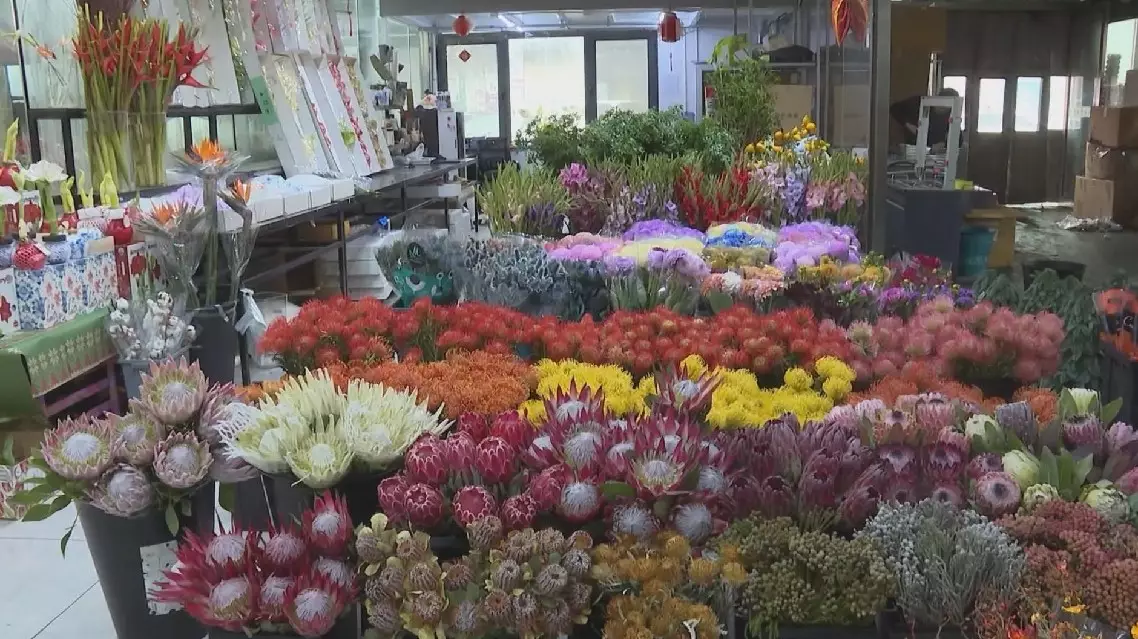
Ecuadorian flower imports bloom in China under new trade deal


